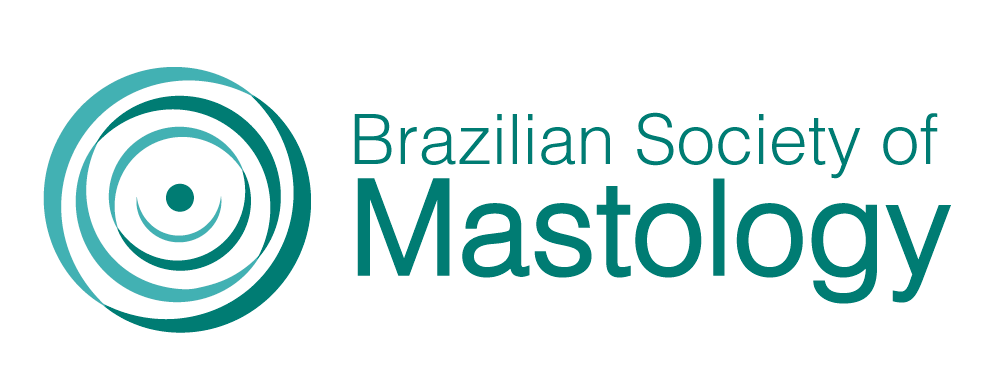EVALUATION OF METABOLIC SYNDROME AND OBESITY IN BREAST CANCER SURVIVORS SUBJECTED TO INTERDISCIPLINARY APPROACH
A PROSPECTIVE COHORT STUDY
Palavras-chave:
Metabolic Syndrome, Obesity, Interdisciplinary Approach, Breast CancerResumo
Objective: The aim of this study was to assess the occurrence of metabolic syndrome (MetS), obesity, and abdominal obesity during the first year after a diagnosis of breast cancer. Methods: This prospective observational study included women with a recent diagnosis of breast cancer. Women aged ≥40 years, with a recent diagnosis of breast cancer, were included. The clinical, anthropometric, and biochemical analyses were performed. Women with three or more diagnostic criteria were considered with MetS as follows: waist circumference (WC) > 88 cm; triglycerides (TG) ≥150 mg/dL; high-density lipoprotein <50 mg/dL; blood pressure ≥ 130/85 mmHg; and glucose ≥100 mg/dL. Obesity was considered with body mass index (BMI) > 30 kg/m2 and abdominal obesity with WC >88cm. The measurements were carried out in three moments: first medical assessment (T0m), six months (T6m), and 12 months later (T12m). All patients underwent the interdisciplinary assessment (i.e., nutritional and psychological) at T0m. For statistical analysis, the ANOVA with repeated measures and the chi-square test of trend were used. Results: A total of 72 women with breast cancer were included, with a mean age of 58.4±10.7 years. In the assessment of MetS, BMI, and WC, no difference was observed in the occurrence between the three moments. When comparing the individual metabolic syndrome criteria between the three moments, there was only a statistical difference in the TG and glycemia criteria. The analysis of blood glucose showed a decrease in mean values, with a value of 106.6 mg/dL-T0m, 100.46 mg/dL-T6m, and 98.96 mg/dL-T12m (p=0.004). Regarding TG, an increase in mean values was observed, with a value of 121 mg/dL-T0m, 139.4 mg/dL-T6m, and 148.46 mg/dL-T12m (p=0.003). No cancer treatment showed an impact on the measured criteria. Conclusion: The interdisciplinary approach on the breast cancer survivors demonstrated a positive impact on the control of metabolic syndrome, obesity, and abdominal obesity on the first year of follow-up. Additionally, glycemic indices showed a significant decrease, but an increase in TG values was observed.
Downloads
Downloads
Publicado
Como Citar
Edição
Seção
Licença
Copyright (c) 2021 Vanildo Prado, Daniel Buttros, Luciana Buttros de Paula, Benedito de Sousa Almeida Filho, Heloisa Maria de Luca Vespoli, Carla Kamya Pessoa, Eduardo Pessoa, Eliana Aguiar Petri Nahás

Este trabalho está licenciado sob uma licença Creative Commons Attribution 4.0 International License.







